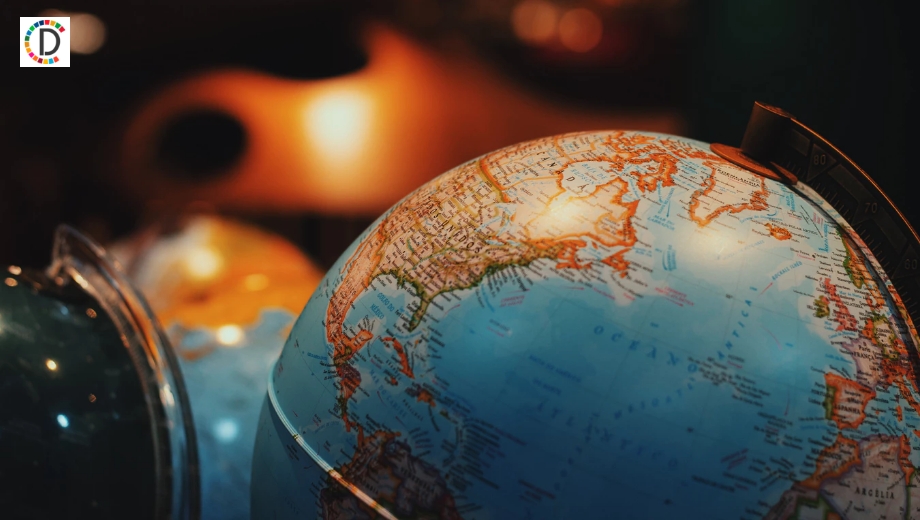UPDATE 3-Venezuela's President Maduro starts new term amid isolation, economic crisis

The country's pro-government Supreme Court, which has largely supplanted the opposition-run Congress, swore him in following a triumphant welcome with a symphony orchestra and cheering supporters waving miniature Venezuelan flags.
The ceremony contrasted with the harsh realities that face the former bus driver turned socialist leader including growing diplomatic pressure, an economy in collapse, and an exodus of millions of citizens seeking to escape hardship.
"I swear on the legacy of Hugo Chavez ... that I will meet all of my duties under the constitution," Maduro said.
Supreme Court Chief Maikel Moreno dedicated nearly 20 minutes to explaining why Maduro was not being sworn in by congress, which the ruling Socialist Party has systematically ignored since the opposition took control of the body in 2016.
Opposition leaders have portrayed the inauguration as the moment at which Maduro will be internationally branded a dictator following a widely boycotted 2018 election that many foreign governments described as a farce.
But continued support from the military, a fractured opposition and a relentless crackdown on opposition critics means that Maduro appears to face few serious challenges at home, despite the international outcry.
Maduro's first agenda item for his second term is a ceremony at Venezuela's military academy, a telling symbol of the importance of armed forces.
Supporters, many of whom were public servants identified by t-shirts of state agencies, rallied in the center of Caracas to celebrate the new term. Some said Maduro should do more to crack down on business leaders for raising prices.
"Sometimes its hard to find food because businesses hide it and then say its the president's fault, even though we all know that's a lie," said Graciela Laya, 43, a homemaker, at a rally near the Supreme Court.
DIPLOMATIC ISOLATION
He won re-election last year despite hyperinflation, chronic food shortages and a severe economic contraction. He blames an "economic war" led by the United States and local opposition adversaries for the country's woes.
The vast majority of the opposition boycotted last year's vote on the grounds that it was rigged in favor of Maduro, noting a host of irregularities including Socialist Party tents in which activists offered monetary payments to voters.
The United States and many Latin American and European countries condemned the vote, leaving Maduro backed by just a handful of stalwart allies from leftist governments.
Most countries plan to maintain their embassies and diplomatic relations with Venezuela, according to sources consulted by Reuters, but most European and Latin American countries did not send diplomats to the inauguration.
"To the few representatives of governments that are in the country: look at the regime's economic, social and political indicators," wrote opposition leader Henrique Capriles via Twitter. "Maduro is illegitimate because there have not been free elections, and he's also illegitimate in his performance."
Opposition activists have called for protests on Thursday. Authorities have responded by filling streets with police checkpoints and rifle-toting troops.
"This inauguration is illegal," said Jose Navarro, 17, a student at a small anti-government protest in the restive western city of San Cristobal. "And this military deployment is also an offense to the constitution."
While politically motivated demonstrations have faded, protests take place nearly every day to demand salary improvements, access to food and medicine, or improvements to erratic power and water services.
But many worry the inauguration will not change anything.
"I'm just trying to get a few more documents together so I can leave the country," said Angela Perez, 26, who works the cash register at a fast-food restaurant in the city of Valencia. "There's no future here. It's sad but true." (Additional reporting by Deisy Buitrago and Shaylim Valderrama in Caracas, Tibisay Romero in Valencia, Anggy Polanco in San Cristobal and Mariela Navas in Maracaibo; editing by Angus MacSwan and Susan Thomas)
(This story has not been edited by Devdiscourse staff and is auto-generated from a syndicated feed.)
ALSO READ
Two arrested in Spain money laundering probe linked to Venezuelan government
Two arrested in Spain money laundering probe linked to Venezuelan government
Rs 4 cr cash seized from three persons suspected to be supporters of BJP candidate in TN
Two arrested in Spain money laundering probe linked to Venezuelan government
Rs 3.90 cr cash seized from three persons suspected to be supporters of BJP candidate in TN










